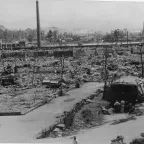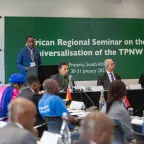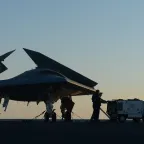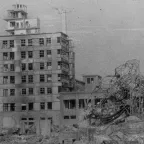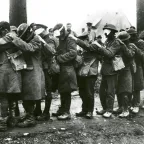Conference of the States Parties to the Chemical Weapons Convention, 2015
… of the States Parties to the Chemical Weapons Convention, 30 November – 4 December … that, for the third successive year, chemical weapons have been used in armed conflict. The … use of chemical, biological, radiological, or nuclear weapons still stands. States and the …

